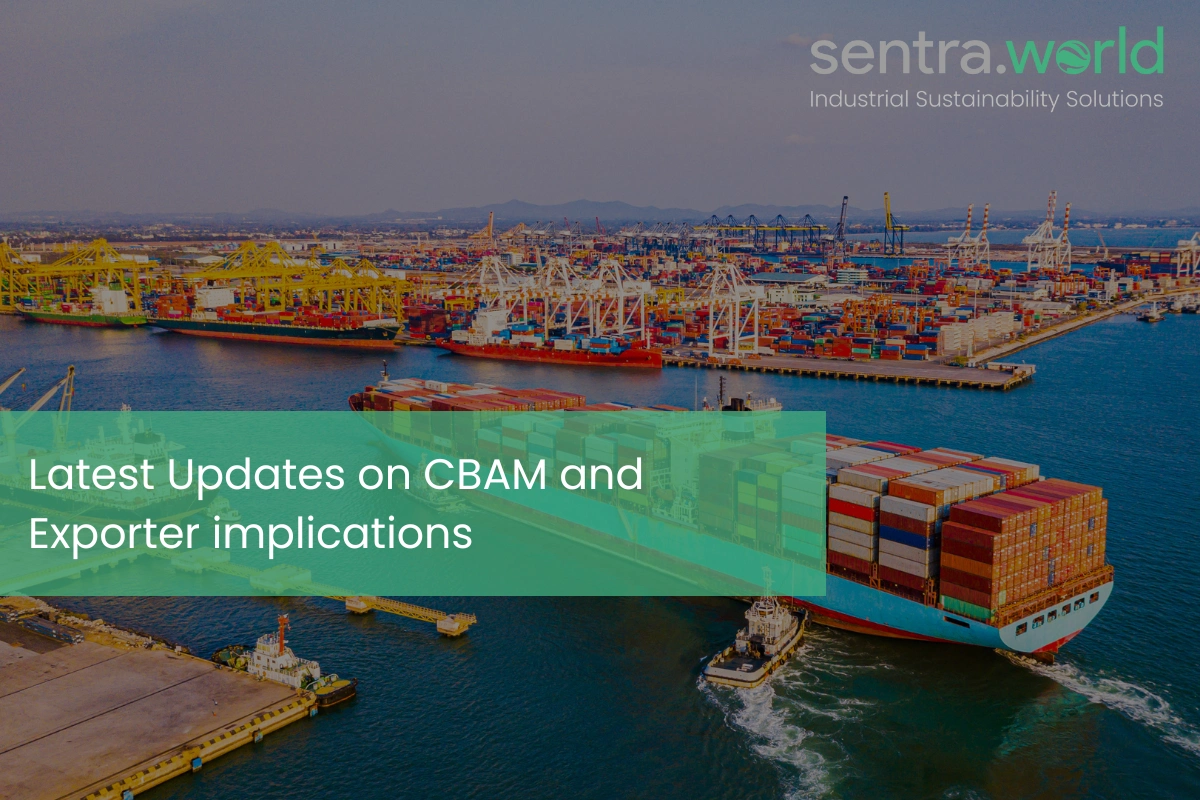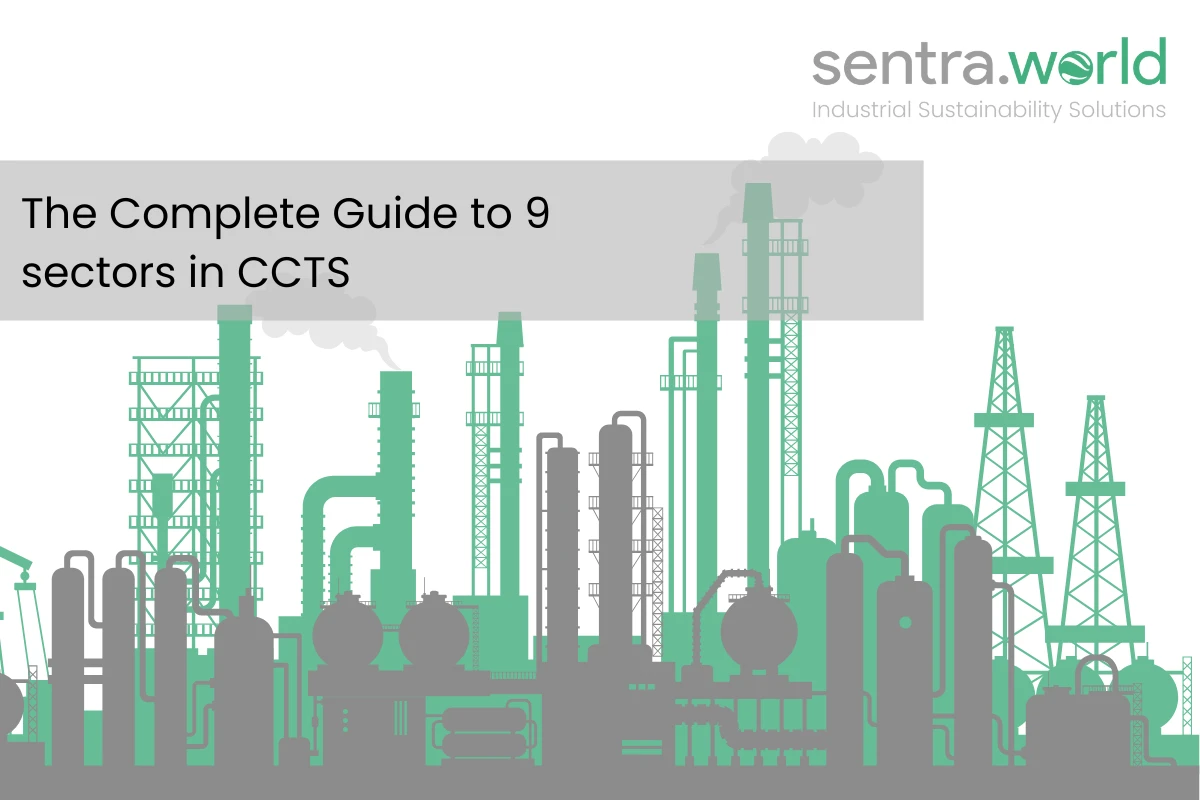Blogs

EU CBAM Explained: What Is CBAM And Why Buyers Are Asking For Emissions Data Now?
A buyer in the EU is reviewing your next shipment. The discussion is going well. Price is fine. Lead time is fine. Then one message lands that changes the tone:“Can...

CBAM Compliance: What EU Buyers Now Expect From Indian Exporters
CBAM Compliance is not coming as a shock announcement. It is already showing up in day-to-day trade work. EU buyers are starting to treat emissions data like any other supply...

From PAT to CCTS: India’s Transformative Shift Toward a Carbon Market Future
As India plans to reach its 2070 net-zero goal; there are many policies which are coming up evolving from energy efficiency to carbon accountability, progressing in the direction of that...

CBAM 2026 Simplified: Key Updates and Exporter Implications
What’s New at a Glance? The European Union has recently confirmed that Carbon Border Adjustment Mechanism (CBAM) benchmarks for exporters in other countries for CBAM calculation of import related carbon...

India’s CCTS: Complete Guide to 9 Sectors Under Carbon Credit Trading Scheme
India’s Carbon Credit Trading Scheme (CCTS) introduced by the BEE (Bureau of Energy Efficiency) marks a foundational step in India’s decarbonisation journey. Under this scheme, extensive energy sectors are notified...

Latest CBAM Updates: What Exporters Need to Know in 2025
The European Union’s Carbon Border Adjustment Mechanism (CBAM) continues to evolve as the EU works to reduce carbon leakage by ensuring that high-carbon products imported from outside the EU face...
